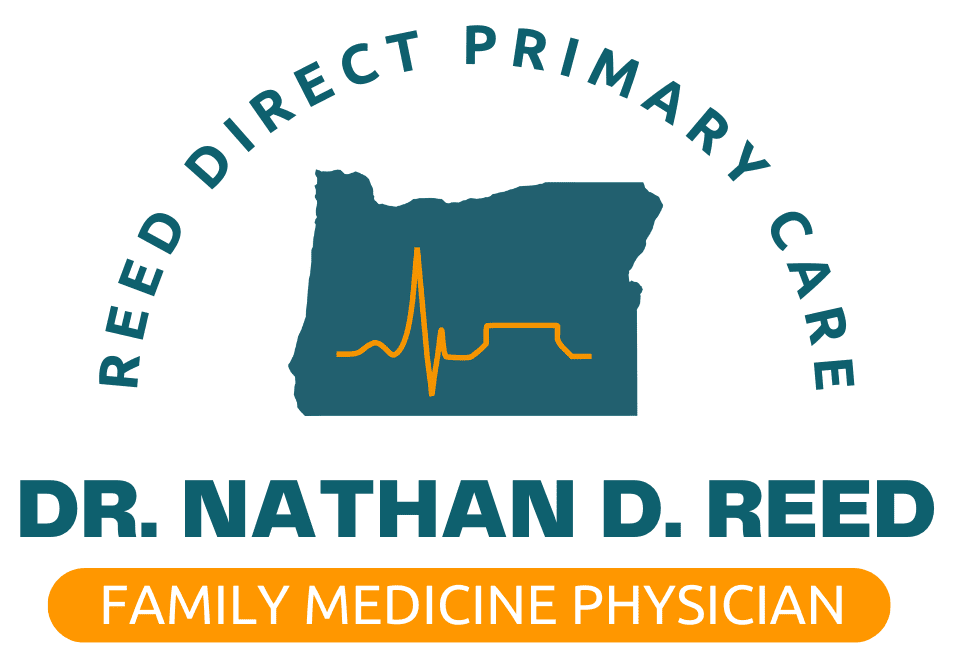Quick answer: No, a direct primary care practice does not accept or bill ANY insurance of any kind, including Medicare. That being said, you can still use your insurance for services outside of Reed DPC.
For instance, Dr. Reed can absolutely order services that ARE covered by (almost) any insurer. Although your monthly membership fee to Reed DPC is not billed to your insurance, you can still use your current insurance coverage for laboratory, imaging, specialist visits, emergency visits, hospital stays, surgeries, and prescription services.
The vast majority of private / employer and Medicare plans will cover services ordered by Dr. Reed in the same way and at the same cost as any provider on their “in-network” list. One exception would be most “HMO” plans, which can be very restrictive in who they work with. If you are on an HMO plan you should query your insurer directly on whether they would cover orders from Dr. Reed as a non-HMO provider.


